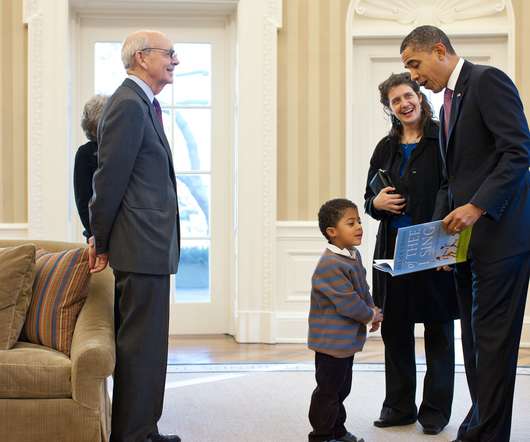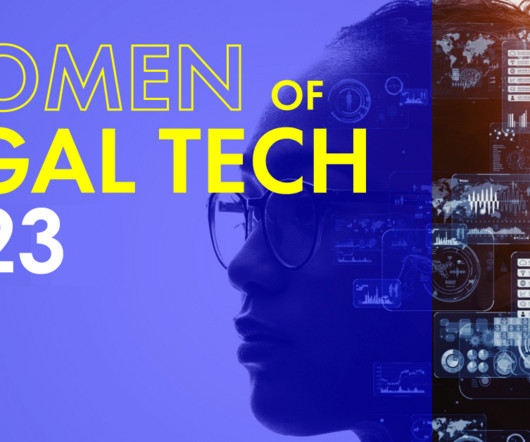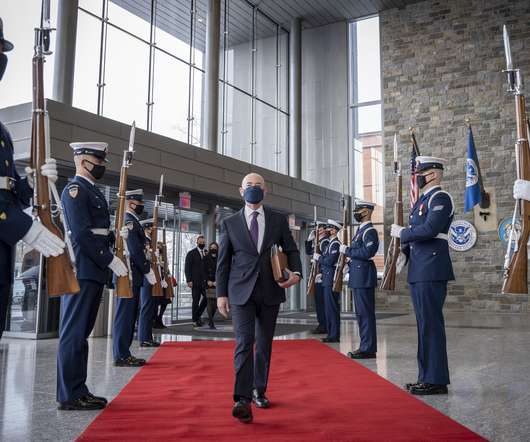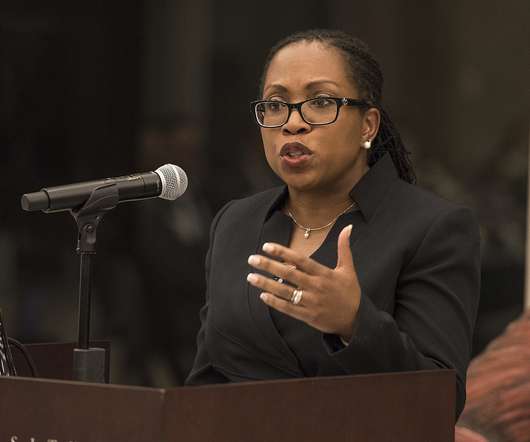Justice Breyer and Parents Involved
SCOTUSBlog
FEBRUARY 4, 2022
Lincoln Caplan is a senior research scholar and a visiting lecturer in law at Yale Law School and also teaches in Yale’s English and political science departments. Professors at the event reflected on opinions about administrative law, free speech, patents, and other topics.





















Let's personalize your content